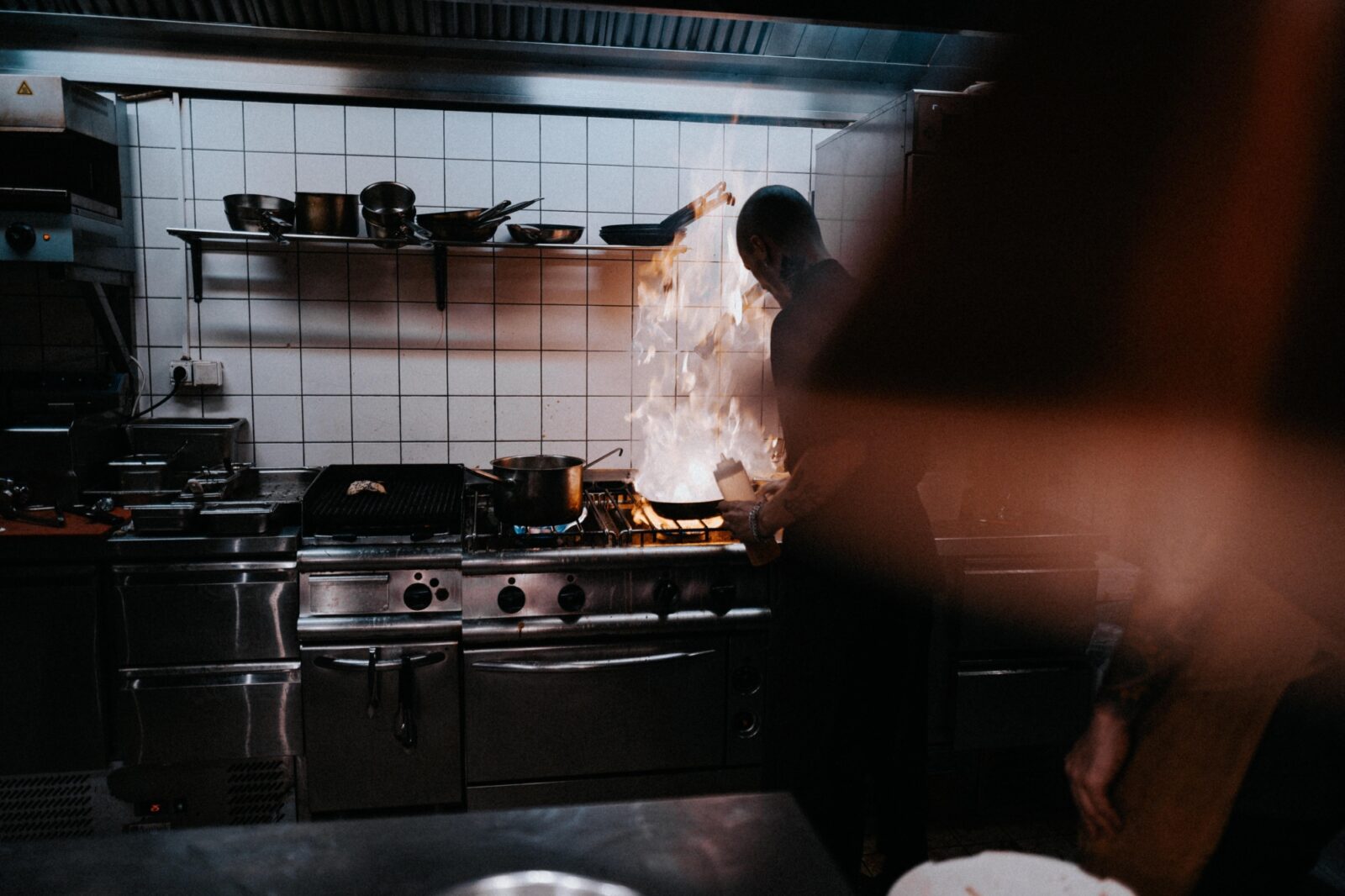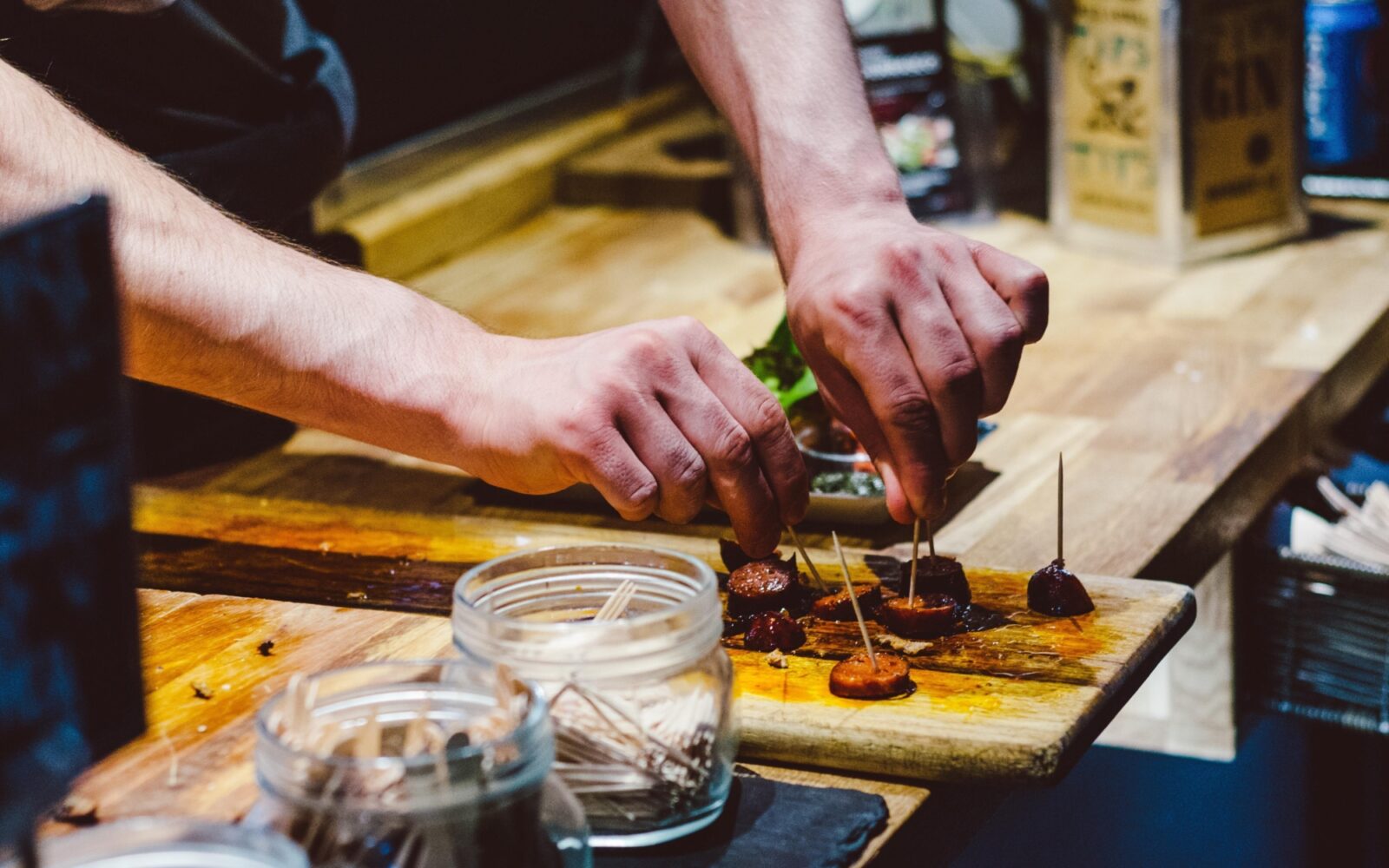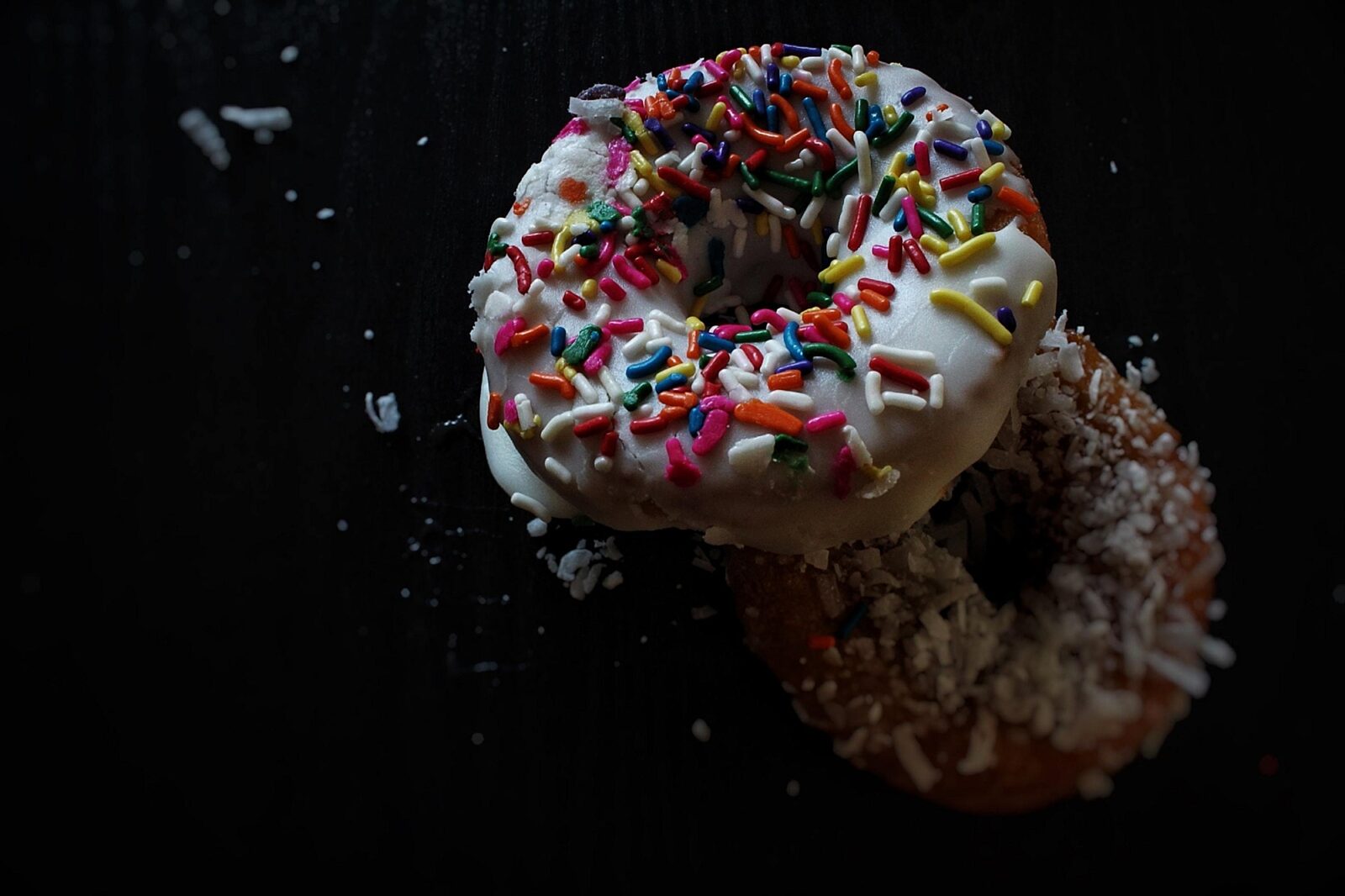
Essential Donut Shop Equipment List: Equipment Needed to Start a Donut Shop
Bring your dreams to life with this ultimate donut shop equipment guide.
Tyler MartinezAuthor
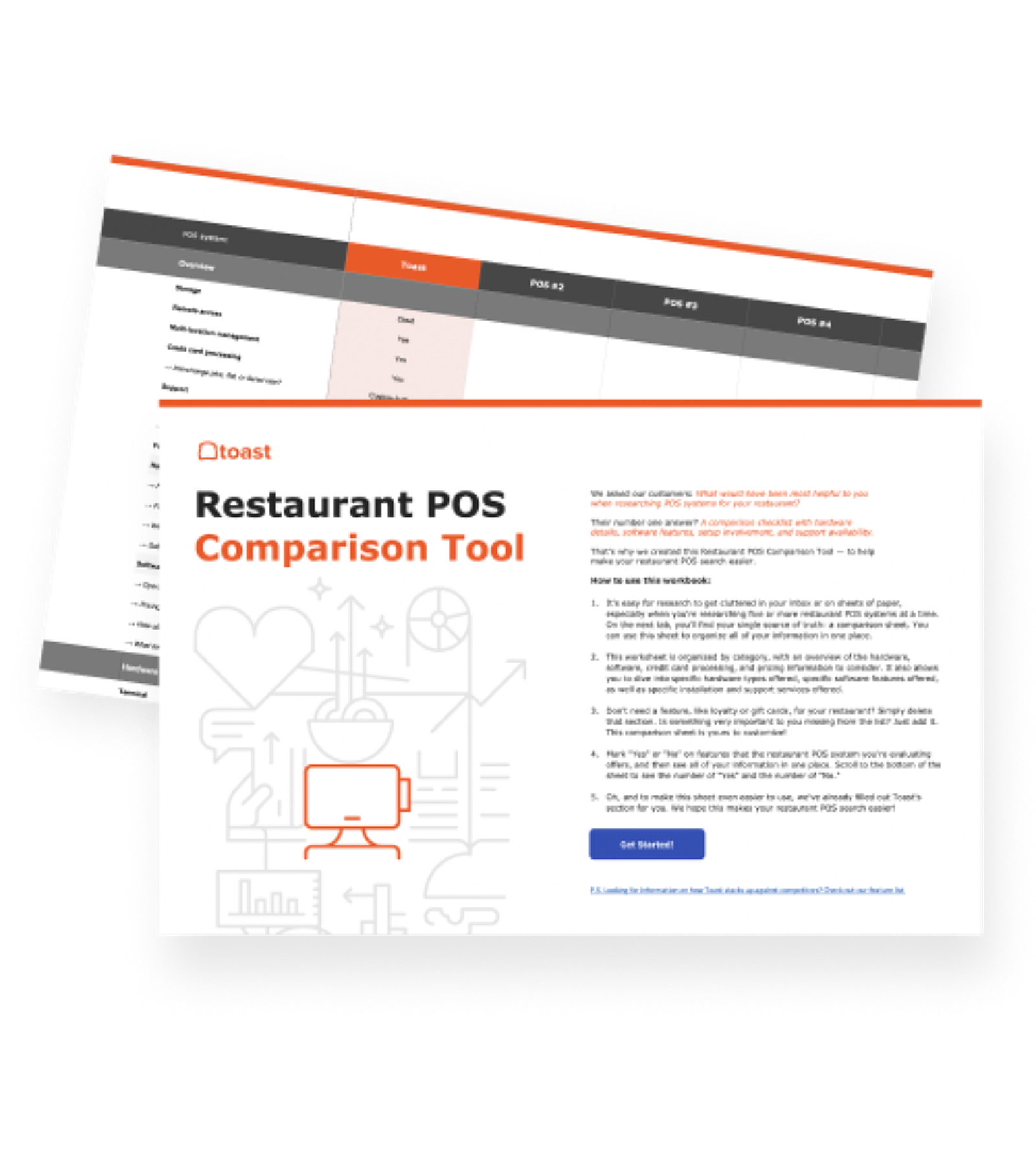

Restaurant POS Comparison Tool
A free, customizable Restaurant POS Comparison Tool to research and compare point of sale systems in one Excel spreadsheet.
Get free downloadEssential Donut Shop Equipment List (Appliances, Tools, Essentials)
Donut shops may seem less complex than other bakery business models, but producing donuts requires specialized equipment. Some donut shops have even expanded their menus, hours, and services to provide a full café experience.
As part of your donut shop’s business plan, it’s important to consider what restaurant equipment is essential, and then budget costs appropriately. Build your donut shop equipment list using this guide.
Restaurant Business Plan Template
No matter where you’re at in your restaurant ownership journey, a business plan will be your north star. Organize your vision and ensure that nothing is overlooked with this free template.

What Equipment Do You Need In a Donut Shop
While ovens, deep fryers, and assembly accessories are necessities, the scale and menu of your donut shop will determine what other equipment you need, such as:
- Deep Fryers
- Assembly Equipment
- Ovens
- Ranges and Grills
- Ventilation
- Microwaves
- Freezers and Refrigerators
- Coffee Brewers
- Food Prep Surfaces
Food Prep Equipment
Knives
Cutting boards
Pots and pans
Food processors
Blenders
Mixers
Storage containers and shelving
Etc.
Safety Equipment
Gloves
First aid kit
Date labels
Sani-buckets
Bar rags
Food grade cleaning supplies
Chemical safety data sheets
Sinks
Compartment sinks
Disposal sinks
Handwashing sinks
- Restaurant Point of Sale System
- Kitchen Display System (KDS)
Servicewear
Display cases
Table service essentials
Paper boats and plates or clamshells
Utensils
Napkins or linens
How Much is Equipment for a Bakery
Equipment costs depend on the size of the operation, but you can expect to spend $15,000-$30,000 for your donut shop or café. To keep your budget in check, it can be helpful to explore restaurant financing options.
Things to Consider before Buying Donut Shop Equipment
Equipment is one of the largest investments for any restaurant. It’s also one of the most crucial, since it can directly impact the quality of your food as well as how quickly and efficiently you produce it. Decide which pieces of equipment to prioritize, and where you can compromise when it comes to budget.
1. Quality
The quality of essential equipment, like deep fryers and stand mixers, is critical to the success of your recipes and your business. Select equipment that is high quality and durable. Do research and ask other business owners for recommendations.
2. Space
Donut shops are traditionally small spaces, with just enough room for the kitchen and prep area, a service counter, and maybe a few café tables. Consider the amount of space your cooks will need and how the equipment you purchase will fit into the layout of your kitchen.
3. Planning your Kitchen
When designing the layout, carefully consider where the equipment will live and how your employees will work with that equipment. You may want to consult a kitchen planner, who can help you to create an efficient space.
4. Use and Cleaning
Some kitchen equipment will last a lifetime if maintained properly. Ask your supplier about maintenance, and select equipment based on how easy it is to repair. Train your staff to clean equipment properly so that it stays in top condition. Look out for the NSF symbol on food equipment which ensures that it meets food safety certification standards.
5. Suppliers
Quality equipment is critical to the success of your donut shop, as is building a rapport with your equipment supplier. Many towns and cities have local restaurant supply stores that, for a membership fee, offer premium ranges of commercial equipment at near wholesale prices. The best suppliers will be honest about the condition of the products they sell and provide everything you need – including installation, maintenance, and repairs.
Sourcing Restaurant Equipment
Once you have a comprehensive list and a vision of your fully-equipped bakery, start shopping around. Local restaurant wholesalers often have good deals. You can also lease from a reputable online retailer, or rent equipment until you can afford to invest.
Restaurant Opening Calculator
This calculator lays out some of the fundamental financial costs of opening a restaurant, so you can start planning and bring your dream restaurant to life.

New vs. Used Equipment
Some expensive (and essential) pieces of equipment might actually be better to purchase used. Consider looking for an oven or deep freezer that has been well maintained over the years.
6. Pricing
Decide how you want to budget for less critical equipment. For instance, you can probably get away with spending less on coffee makers, which complement donuts but aren’t as important as the star of the show.
7. Financing or Leasing
Financing or leasing equipment allows you to take on less risk until you’re sure your business will succeed. Lease payments can be tax-deductible just like equipment purchases and allow you to be financially liquid as you open your café.
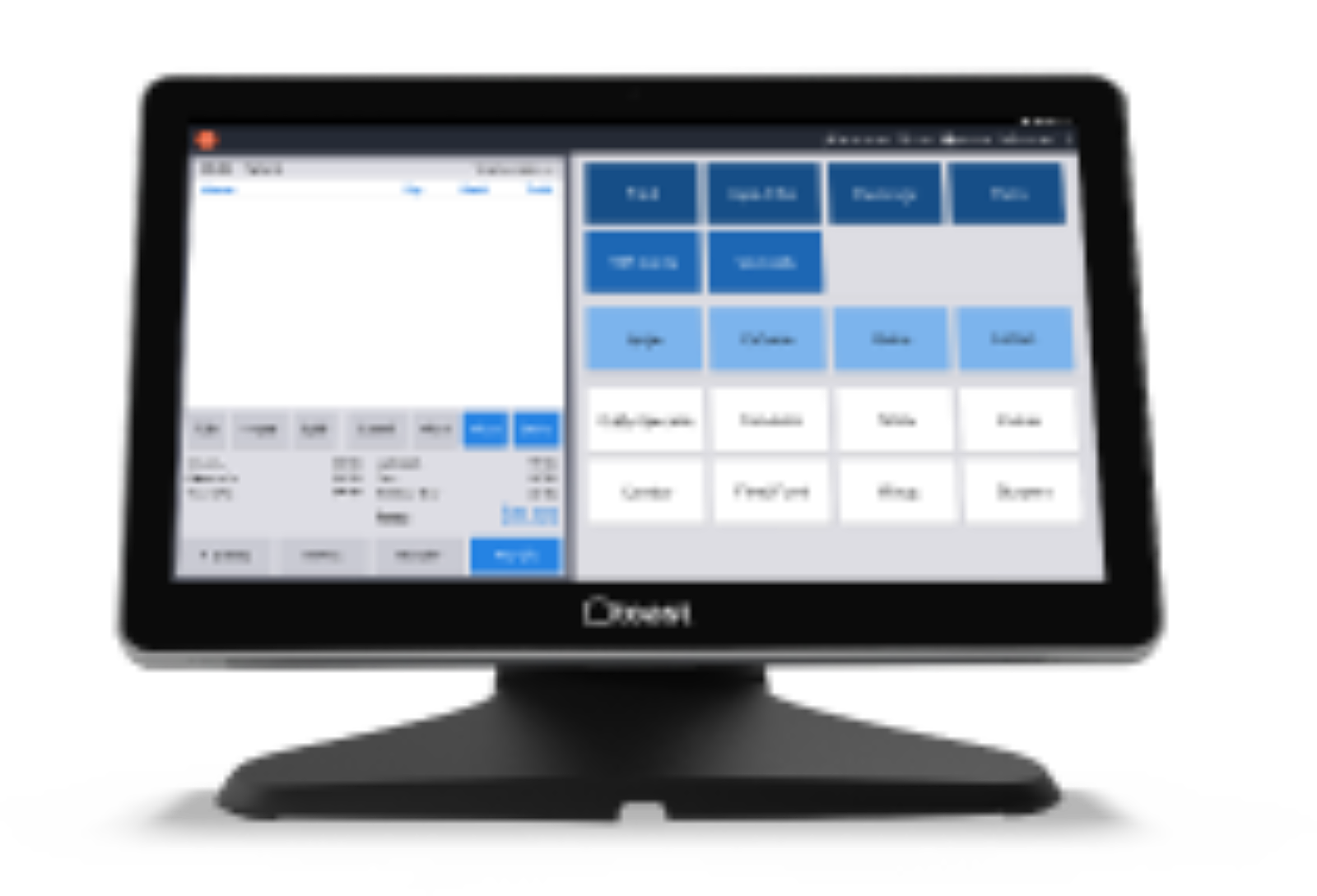
Ultimate Donut Shop Equipment Checklist
1. Deep Fryers
Deep fryers are front and center in donut shop kitchens. They can be electric, but a gas powered deep fryer is likely more efficient for the volume needed in a donut shop. Choose a commercial deep fryer that is big enough to match demand, that meets safety standards, and is durable so it won’t require much maintenance.
2. Assembly Equipment
Look for gadgets that will make your cooks’ lives easier, such as devices that drop uniform batches of batter into the fryer, and large cooling racks for icing and decoration.
3. Ovens
Consider investing in a powerful commercial combination oven that can bake donuts evenly while keeping them moist with steam
4. Ranges and Grills
You can’t make curds, custards, and fillings without a heat source. Induction burners generate an electromagnetic current to heat a surface. Magnetic metals transfer heat the best, and can be used to heat glass or other surfaces. Induction is a sustainable, versatile, space-conscious, and cost-effective option, especially if your menu won’t require multiple burners.
5. Ventilation
Kitchens require ventilation, so they don’t get filled with the heat and smoke from ovens and ranges. Ensure that your ventilation system has enough power to provide a safe kitchen environment.
6. Microwaves
Great for reheating or quickly steaming, cafes often rely on microwaves.
7. Freezers and Refrigerators
You’ll need to store perishable ingredients like milk and butter. Consider a walk-in cooler to keep ingredients organized and accessible. You might also place a cooler in the lobby with bottled drinks for customers.
8. Coffee Brewers
There’s a large profit margin on coffee. Invest in a couple of commercial coffee brewers and consider offering a dark roast and a decaf from a local roaster.
9. Food Prep Surfaces
When planning the layout of your donut shop, provide enough clear counter space for your employees to work. Consider how many employees will be in the kitchen and how much space is needed for production.
Stainless steel prep counters are classic in kitchens because they are easy to sanitize and won’t transfer unwanted heat to products. Poured concrete is a cost-effective alternative and just as durable, or you might select wood or granite.
10. Food Prep Equipment
Don’t forget small appliances, utensils, mixing bowls, microplanes, and more!
Knives
A good chef and her knife move as one. Invest in a set of knives and learn how to keep them sharp for both safety and efficiency. You’ll also want a sharpening stone to keep your investment in good condition.
Cutting boards
Quality cutting boards make a noticeable difference in the prep experience. Favorites include boards with lips around the edges to keep liquid contained, or boards with handles for easy maneuvering.
Pots and pans
Choose quality pieces that will become assets to your kitchen. Pots and pans are essentials that last a long time when maintained properly.
Food processors
Food processors are great for liquefying soups and sauces, and ensuring you get an even chop or mince.
Mixers
Stand mixers take the hard work out of preparing large batches of donuts or brownie batter.
Storage containers and shelving
Storage is always a must for safety and organization. Arrange ingredients for certain dishes or drinks near the spaces where they’ll be prepared.
Etc.
This is probably the most important category – the rest. Piping bags, cooling racks, parchment paper…the little things add up, so it’s crucial to plan and budget for them. Certain tiny items are easily misplaced, so buy backups.
11. Safety Equipment
All restaurants are held to food safety standards and must have certain equipment on hand, such as:
- Gloves
- First aid kits
- Date labels
- Sani-buckets
- Bar rags
- Food grade cleaning supplies
- Chemical safety data sheets
12. Sinks
Sinks are necessary for prep, cleaning, and disposal. You’ll need to equip both your bar and kitchen with sinks.
Compartment sinks
Three compartment sinks are generally needed to meet food safety standards for washing and sanitizing.
Disposal sinks
Disposal sinks, also often called bar sinks, are conveniently located to catch any liquid that needs to be discarded.
Handwashing sink
Dedicated handwashing sinks must be available for employees so they can maintain safe food handling standards.
13. Restaurant Point of Sale System
Crucially, POS systems provide a way to integrate inventory management, budgets, sales reports, and communication between the front- and back-of-house. Keep everything running smoothly with cutting edge interfaces.
Cafe and Bakery POS Comparison Tool
A free, customizable Cafe and Bakery POS Comparison Tool to research and compare point of sale systems in one Excel spreadsheet or editable PDF.

14. Kitchen Display System (KDS)
Kitchen display systems let your cooks know what customers are ordering in real time. Your KDS sends orders to cooks from cashiers. They’re integrated with your shop’s point-of-sale system to keep everything in order and maintain smooth, efficient service.
15. Servicewear
While donut shops are traditionally grab-and-go spots, some shops have extended their menus and level of service.
Display cases
Glass display cases are a great way to showcase products in a donut shop. Create impressive displays that entice your customers with beauty and abundance.
Table service essentials
If you set up café tables in your donut shop, be sure to offer all the essentials of table service – plates, utensils, appropriate seasonings or condiments – and consider those things when building your donut shop’s budget.
Paper boats, plates, or clamshells
Necessary for grab-and-go or take-out services, this single-use servicewear is an expensive cost of operating a café.
Takeout utensils
Single-use utensils are surprisingly expensive for restaurants and cafes – plastic cutlery adds up. Save money by asking each customer whether or not they need utensils.
Napkins or linen
You’ll need to budget for these essentials, so your customers and employees can clean themselves up.
Related Donut Shop Resources
SOPs Template
This template will help you create SOPs for your entire business, so you can create consistency and easily train employees.

Is this article helpful?
DISCLAIMER: This information is provided for general informational purposes only, and publication does not constitute an endorsement. Toast does not warrant the accuracy or completeness of any information, text, graphics, links, or other items contained within this content. Toast does not guarantee you will achieve any specific results if you follow any advice herein. It may be advisable for you to consult with a professional such as a lawyer, accountant, or business advisor for advice specific to your situation.
Read More
Subscribe to On the Line
Sign up to get industry intel, advice, tools, and honest takes from real people tackling their restaurants’ greatest challenges.

